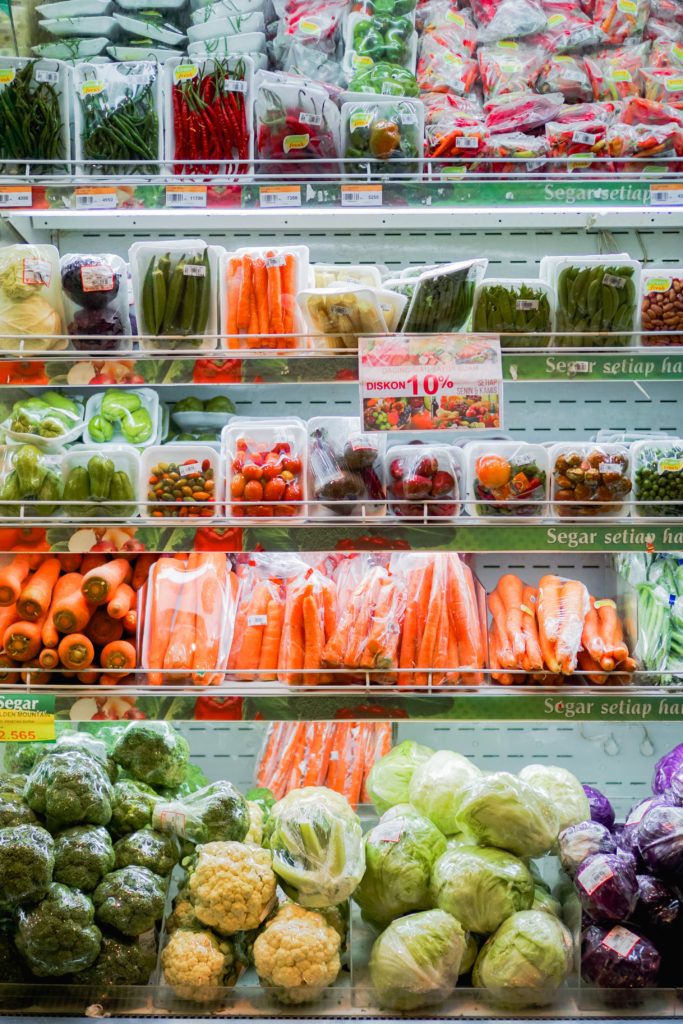The Good, the Bad, and the Broccoli

Over the past few years, diet fads have christened the New Year. Ketogenic, Weight Watchers, paleo, and vegan diets have filled cookbooks, Youtube channels, and grocery lists. I’ll admit it: the hype about Cowspiracy and High Carb-Low Fat vegan diets accounted for my initial interest in veganism.
In this new period marred by half-truths and misconceptions, objectivity is sometimes lacking. And while it may seem far-off, this statement applies to the food we eat. Armed with the tidings of self-titled dieticians and shameless tofu promoters, I jumped into veganism almost three years ago, without researching its health consequences.
So if you’re considering “going vegan,” or want a better understanding of the effects of veganism on your health, here are some benefits and downsides to a vegan diet. Before reading, please remember that everyone follows a diet in different ways. These points focus on generalizations of vegan, vegetarian, and omnivorous diets.
The Good
- Because vegan diets avoid red and processed meat consumption, vegans have a lower risk of colon cancer.
- Vegan diets are generally higher in nutrients such as fiber, magnesium, folic acid, vitamins C and E, iron, and phytochemicals. At the same time, they are lower in calories, saturated fat, and cholesterol. In general, vegetarians and vegans typically have a lower risk of cardiovascular disease
- Adolescent consumption of isoflavone containing products, such as tofu and tempeh, protects women against the risk of breast cancer later in life. Alternatively, childhood dairy intake has been associated with an elevated risk of colon cancer later in life.
The Bad
- Diets that do not include fish, eggs, or sea vegetables generally lack long-chain n-3 fatty acids that are important for cardiovascular health, eye function, and brain function.
- Phytates (a common component of grains, seeds, and legumes) bind zinc and decrease its bioavailability making vegetarians and vegans at greater risk for zinc deficiency.
- Inadequate protein and calcium intake has been associated with bone loss and fractures in the elderly.
Because the primary areas of concern in a vegan diet are vitamin B-12, calcium, vitamin D, n-3 fatty acids, and zinc, vegans should take special care to consume foods or supplements fortified with these nutrients. Through a balance of research and listening to your body, anyone can achieve a diet (vegan or not!) that makes them feel their best.
One thought on “The Good, the Bad, and the Broccoli”
This is so interesting! I wish I would have found this article before I went vegan for three years!